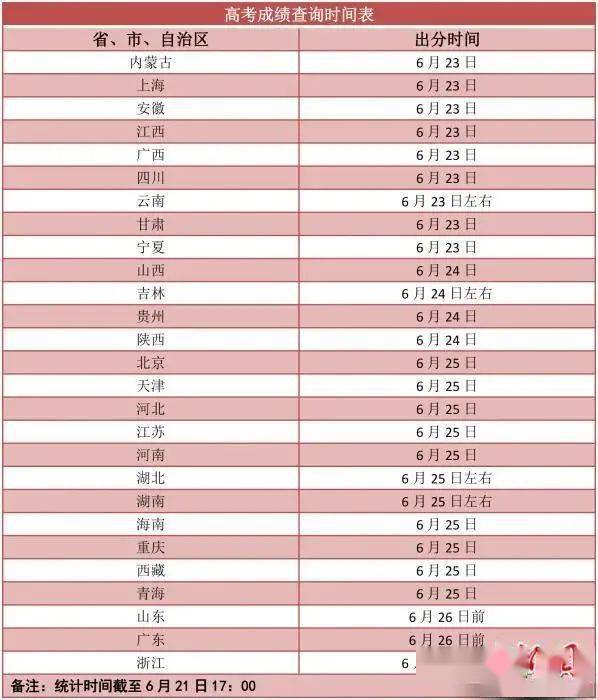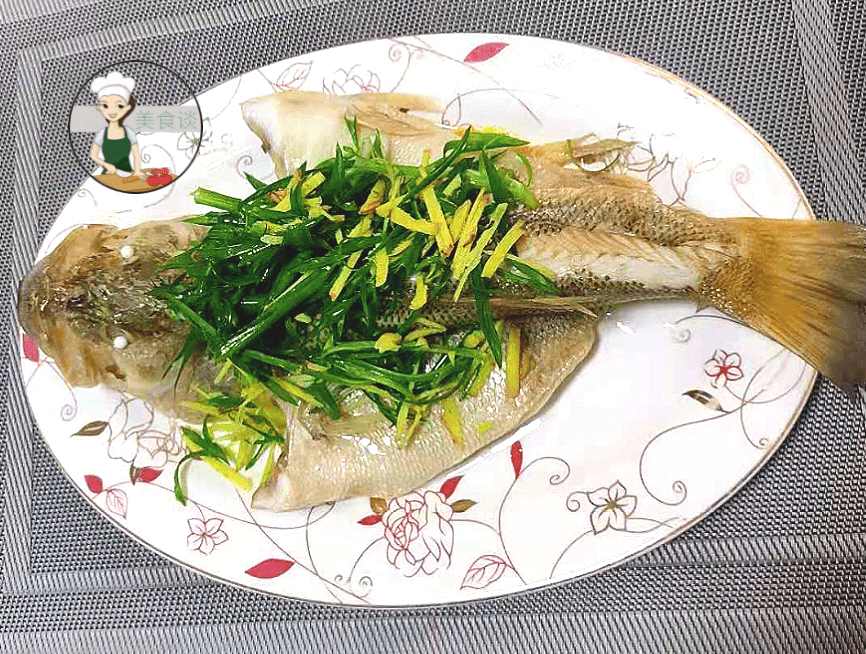On April 13, Health Canada recorded its first case of blood clots after being vaccinated against AstraZeneca’s COVID-19 vaccine.

AstraZeneca’s COVID-19 vaccine. Photo: AFP/TTXVN
According to the Ministry of Health, the man was injected with a vaccine produced at India’s Serum Institute. The patient has returned home and is in the process of recovering.
Earlier, Canada limited AstraZeneca’s vaccine use to people over the age of 55 due to concerns about the rare reaction. The above information is the latest challenge for vaccination in Canada.
In addition, Health Canada confirmed that it is in discussions with Johnson & Johnson about the possibility of a COVID-19 vaccine. The department has asked Johnson /Johnson for information on any cases of post-injection blood clots. The agency is also working with the U.S. Food and Drug Administration (FDA) and other international agencies on the issue.
Although Canada has licensed Johnson&Johnson’s vaccine, the vaccines ordered will not be shipped until the end of April. Canada is expected to get enough vaccines so that by the end of June, each citizen can get one shot. However, the rate of spread of the new variants of the SARS-CoV-2 virus is surpassing the progress of vaccination in the country.
The number of new cases in the last week has increased by 33%, while the number of new daily infections is at more than 8,100, equivalent to the peak of the second wave of outbreaks earlier this year. Canadian Prime Minister Justin Trudeau warned more dangerous new variations were spreading rapidly and threatened progress had been made.
According to statistics worldometers.info, Canada has a total of over 1 million infections and over 23,000 deaths from COVID-19.
* Meanwhile, Australia announced that it will send Trade Minister Dan Tehan to Europe on April 15 amid reports that it has ordered more than 3 million doses of AstraZeneca’s vaccine made in the European Union (EU) but has not received the goods.
Under the plan, Minister Tehan will have dialogues with his German, French and EU colleagues to discuss eu production and export limits on AstraZeneca’s vaccines.
Australia is one of the countries that succeeds in controlling the COVID-19 epidemic. Since the outbreak, the country has recorded nearly 30,000 cases. However, Australia is currently behind in its vaccination campaign. As of April 11, Australia had only vaccinated nearly 1.2 million people, despite a pledge by the end of March to vaccinate 4 million people.
The Australian government believes that the EU’s non-delivery of the vaccines it ordered by AstraZeneca was the cause of the delay in the vaccination program, but state authorities pointed out that the distribution of vaccines to health facilities also contributed to this situation.
Under pressure from public opinion, Australian Prime Minister Scott Morrison said he would convene a cabinet meeting twice a week with state and territory leaders until the issue was resolved and put the vaccination program back on track.
Australia intends to vaccinate the majority of the population with AstraZeneca’s vaccine, which has imports from Europe and domestic production, while waiting for supplies from Pfizer and Novavax. The Australian government recently admitted it may not meet its target for COVID-19 vaccination for all residents next October due to import delays and new concerns about vaccine side effects.
* In Ireland, Health Minister Stephen Donnelly said the country is considering extending the vaccination period between Pfizer/BioNTech’s two doses to more than 4 weeks to maintain the vaccination progress, amid concerns that other vaccines such as AstraZeneca and Johnson /Johnson are being restricted from use due to safety risks.
In Russia, President Vladimir Putin confirmed he had given two shots against COVID-19. Speaking on television, Mr Putin expressed hope people would do the same to take care of themselves and their loved ones.
On March 23, President Putin received his first shot of the COVID-19 vaccine.
The Kremlin did not specify the type of vaccine the Russian President was vaccinated against, but insisted it was among three Russian-developed vaccines including Sputnik V, EpiVacCorona and CoviVac. In the interview, Mr Putin said he had suffered minor side effects such as muscle pain after his first injection but did not have a fever.





























































You must log in to post a comment.